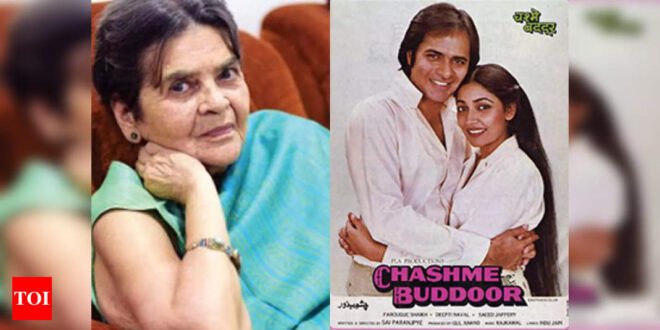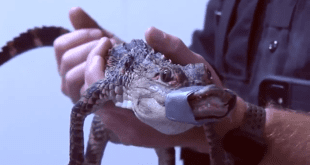Sai Paranjpye: A Filmmaker Ahead of Her Time
Sai Paranjpye, who turned 85 today, is an iconic filmmaker from the 1970s and 80s era who bridged the gap between avant-garde and mainstream cinema. Starting her filmmaking career with an array of charming children’s films, Sai quickly gained recognition for her groundbreaking work in Sparsh (1980), a film ahead of its time that showcased Naseeruddin Shah in a remarkable performance as Anirudh, a blind man who refuses to be seen as a victim. Anirudh’s stubborn refusal to be slotted as a victim is what makes Paranjpye’s film special, and Shah’s performance is considered one of the best portrayals of a blind person in the history of world cinema.
Sparsh’s producer, Basu Bhattacharya, decided to put the film on hold, leaving it unreleased for three years until Shabana Azmi and Sai Paranjpye vocalized their creative protest, and the film was finally released. The movie was shot in a real blind school, and Naseeruddin Shah’s character was based on the school’s principal.
Sai Paranjpye’s success followed in Katha (1983), a retelling of the tortoise and hare fable, where Farooq Sheikh and Naseeruddin Shah competed for the love of the chawl chick with a big flower in her hair, Deepti Naval. Farooq portrayed the wicked wheelerdealer named Basu Bhatt, named after Basu Bhattacharya, who refused to release Paranjpye’s film.
Chashme Buddoor (1981) was Paranjpye’s achingly sweet rom-com that set a new benchmark for comedy. Farooq Sheikh and Deepti Naval showcased their comic timing in a film that talked about love and courtship without discussing sex. The narrative was woven with a warm bonhomie that suggests a balance in the universe, despite the characters’ immoral intentions.
Sai Paranjpye’s films were characterized by cerebral satire, and she straddled the two worlds of cinematic conventions and mass entertainment. She is a filmmaker ahead of her time, and her films have stood the test of time, making her one of the precious filmmakers in Bollywood.
 Mind Uncharted Explore. Discover. Learn.
Mind Uncharted Explore. Discover. Learn.




